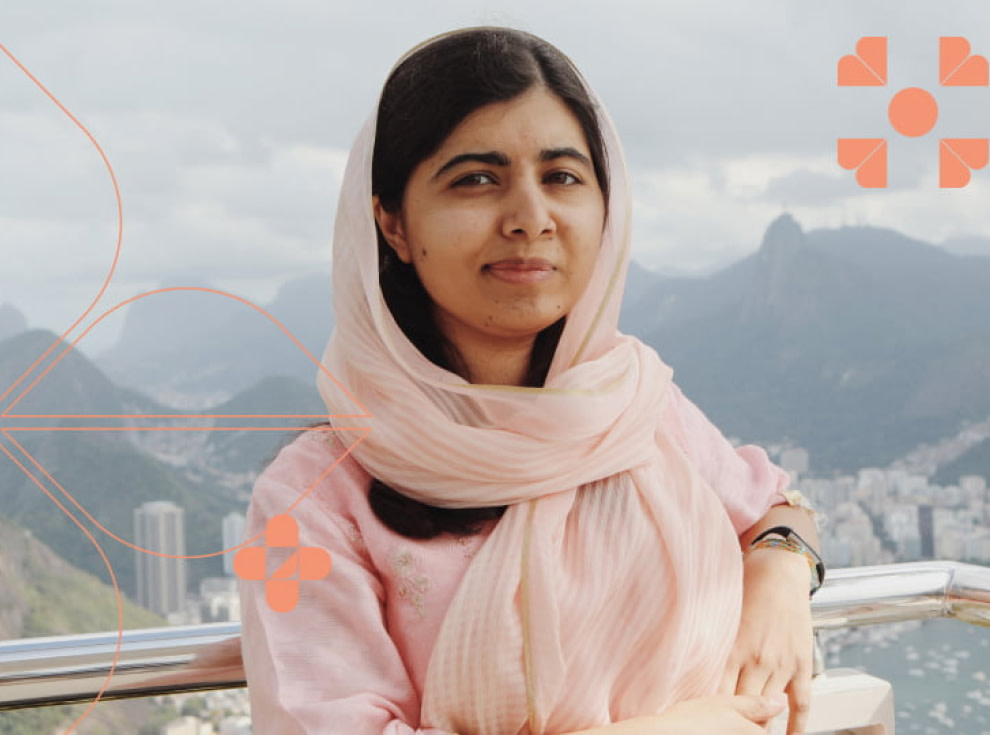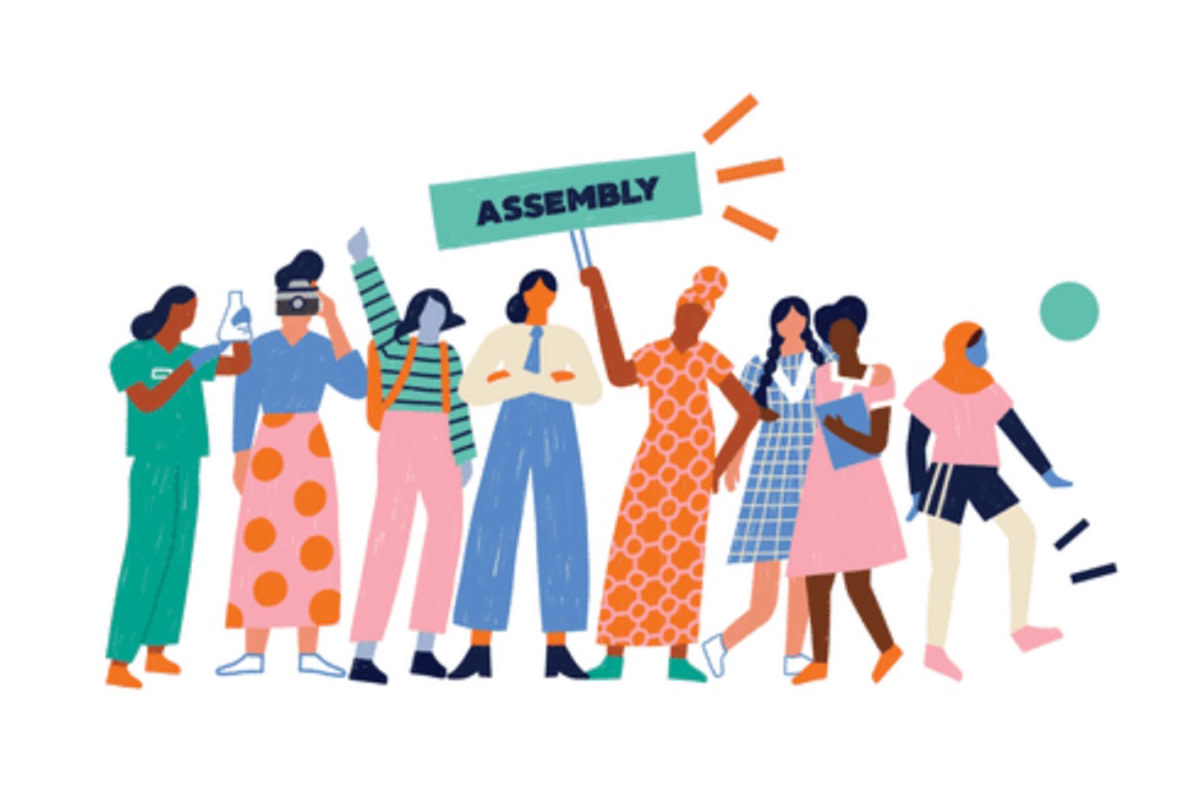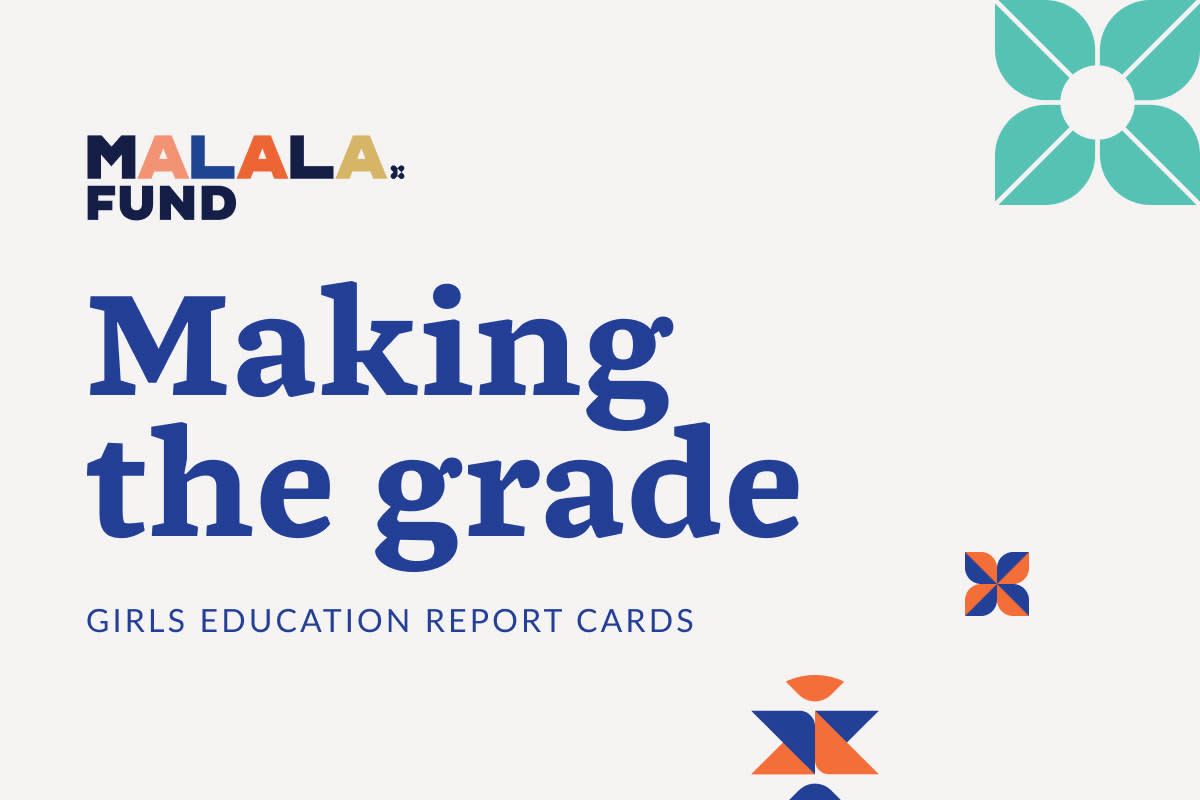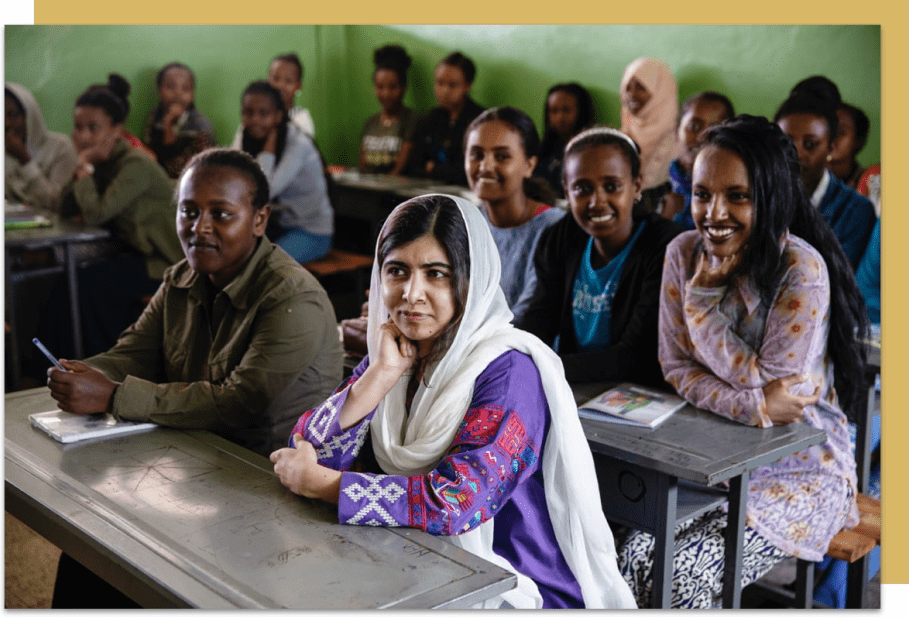Malala Fund's Education Champion Network in Pakistan has focused its COVID-19 response efforts on preventing budget rollbacks and promoting digital learning opportunities.
Pakistan has made significant progress for girls’ education in the last decade, but 12 million girls were still out of school before COVID-19 — and the pandemic is threatening to force even more girls from the classroom. To call attention to how the crisis impacts girls, Malala Fund Education Champions in Pakistan brought six education experts together for a discussion on Mehran TV, one of the country’s leading networks.
Drawing on insights from Malala Fund’s report Girls' Education and COVID-19 in Pakistan, the panellists examined how barriers like household finances, inadequate school infrastructure and discrimination are keeping girls in marginalised communities from learning. The discussion also covered what leaders can do to improve the quality and accessibility of education.
Experts on the panel included nonprofit leaders Mosharraf Zaidi, CEO of Tabadlab, and Baela Raza Jamil, CEO of Idara-e-Taleem-O-Aagahi, government representatives Musadik Malik and Andleeb Abbas, and Malala Fund Education Champions Huma Zia Faran and Zehra Arshad. Journalist Amber Rahim Shamsi served as the moderator. The studio filmed the event without a live audience and followed social distancing measures to meet safety guidelines.
“Girls’ education does not get the coverage in social media or traditional media, which normally define the discourse in the country,” explains Moiz Hussain, Malala Fund’s In-country Representative in Pakistan. “Through this broadcast we hope to raise public support for girls' education and inspire leaders to invest more in girls’ education.”
The economic consequences of the pandemic have caused many provinces in Pakistan to redirect funding from their education budgets. To protect progress on girls’ education, the Malala Fund Education Champion Network in Pakistan has focused its COVID-19 response efforts on preventing these rollbacks and promoting digital learning opportunities so more students can learn from home.
“Many a time the state has made pledges [to raise the education budget], internally with its own people and externally on global forums. However, the result has been far from satisfactory,” said Zehra Arshad during the panel. “We haven’t come very far along. Even today we talk about dedicating 4-6% of the GDP for education. We’ve been stagnant around 2–2.2% for the last many years.” With her Malala Fund grant, Zehra advocates to amend Pakistan's national education requirement from 10 to 12 years. If all girls around the world were free to complete secondary school, they could add up to $30 trillion to the global economy.
With the government of Pakistan preparing to finalise its National Education Policy 2021, the panel called on leaders of all levels to promote equality and ensure girls are able to continue their education during and after the pandemic.




